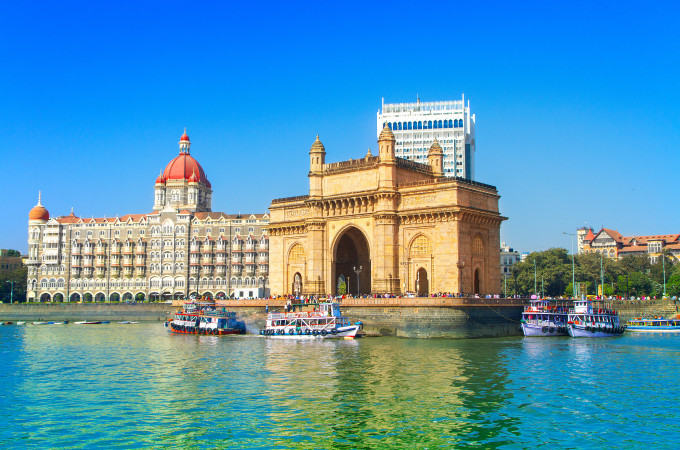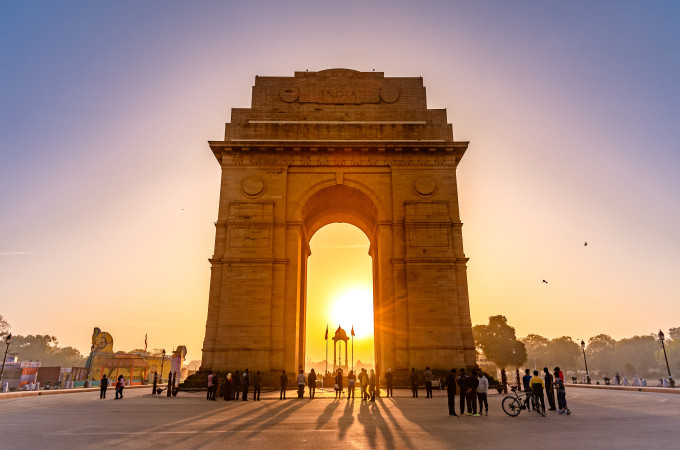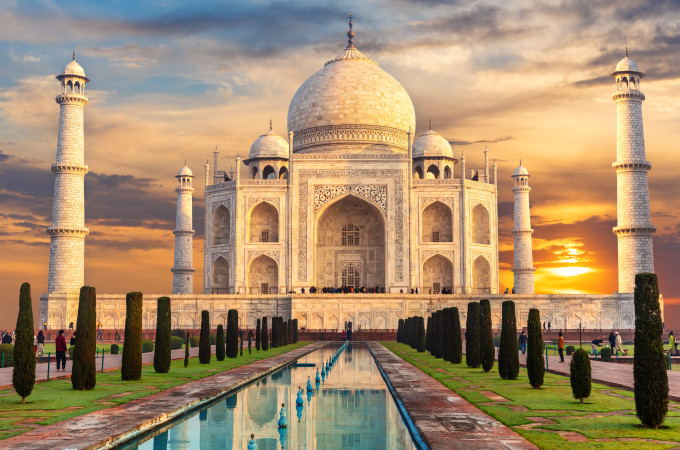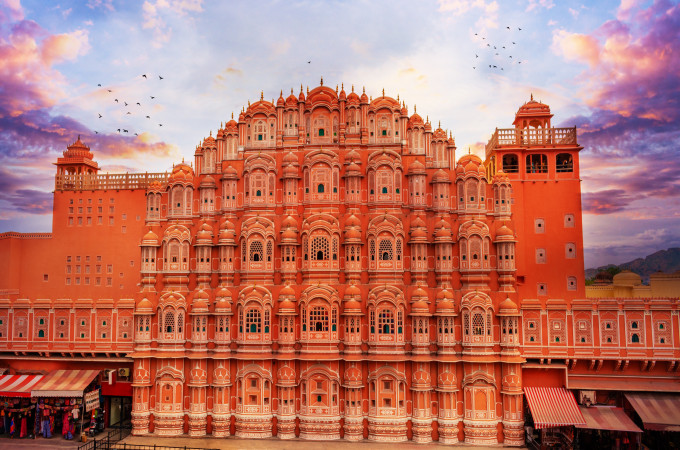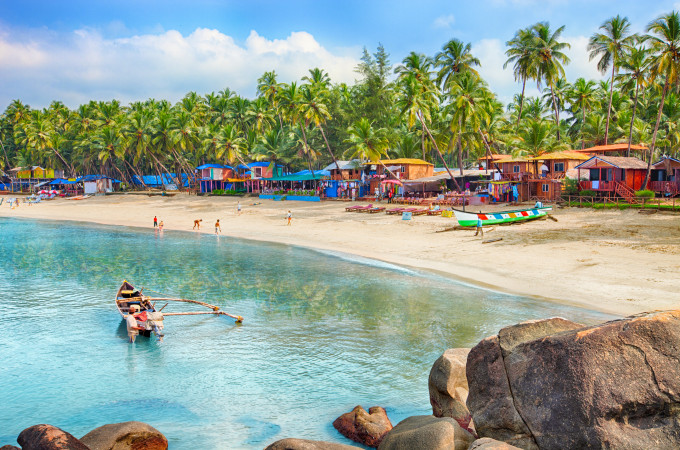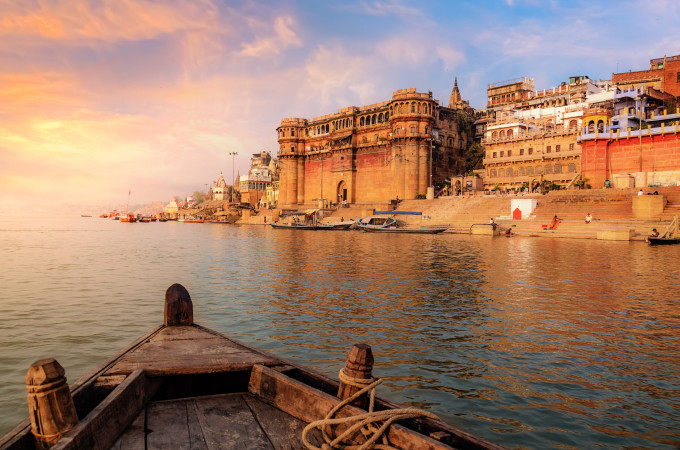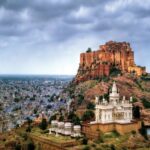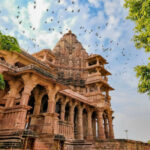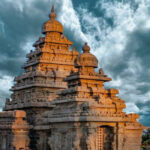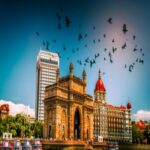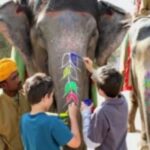As with everywhere else in the world, the tourism industry in India was massively jolted by the pandemic as travel restrictions around the world brought tourism to a grinding halt.
But, now that the pandemic has subsided, the number of foreign visitors to India has seen a significant rise.
Millions of tourists from all over the globe make their Indian travel odysseys everywhere without much hassle but the usual caveats of international travel apply. It is never a bad idea to read up on things before you decide to go to a certain part of the world and keep yourself abreast of any geopolitical, climatic, or local developments.
This safety guides provides you with a comprehensive overview of the Dos and Don’ts of travel in India and give you a thorough rundown of what to expect when you are traveling in India, so you can make informed choices.
1. Current Security Situation in India
India is currently very stable and it is usually a safe country to travel to. There are no existential security challenges to the country and its main urban centers and tourist destinations remain stable and peaceful throughout the year.
India is as safe a country as any in the world. Terrorism is at the lowest level in the last 10 years, so you do not have to worry much about that. However, we do recommend that you look up your government’s safety advisories before you book a holiday plan for India.
What Should You Do to Keep Safe In India?
– Read up on the current situation when selecting a region of India to travel to. Keep up with the local news.
– Keep away from political demonstrations and gatherings.
2. Vaccines, Covid-19, Infectious Diseases, and Travel in the Post-Pandemic Era
Covid-19 rocked the world hard and disrupted tourism all over the world, the peril of the pandemic has subsided but it is still important to remain vigilant and follow the instructions and travel advisories issued by authorities when you visit India.
Here is a link to the Guidelines for International travelers issued by the Ministry of Health and Family Welfare (Government of India) for further clarity: https://www.mohfw.gov.in/
What Should You Do Before Travelling to India?
– Talk to your doctor before you travel. Follow their advice and get the shots they recommend.
– Follow the medical advisories issued by Indian health authorities regarding mask-wearing and gathering where required.
– Some regions can be susceptible to infectious diseases like malaria, seasonal flu and dengue. Talk to your doctors and get the required shots.
3. Follow Your Government’s Travel Advisories to India
Certain countries like the United States, United Kingdom, Australia and Canada, which account for a fair chunk of the overall international tourists to India issue regular travel adversaries for their citizens who are looking to travel to other parts of the world.
What Should You Do?
– Consult your government’s travel advisories to India.
– If you have been advised to avoid a certain region or activity, you are better off avoiding it.
– Follow the precautions and advisories issued by the government of India.
– Check with your tour operator/travel agent for ground situations before you travel.
4.Safety in India Metropolitans
India’s major metropolitans like Delhi, Mumbai, Kolkata, Chennai Ahmedabad, and Jaipur are quite safe for tourists.
You will find them brimming with tourists during the peak season from November to March. However it is better to not lower your guard and remain vigilant.
Safety in India: What Should You Do?
– Avoid staying out too late in parts of the cities you are not familiar with.
– Be wary of strangers approaching you.
– Sign up for reliable city tours and heritage walks.
– Prefer the service of a trusted travel agent.
5. Transportation
India is a budget-friendly country when it comes to transportation but mass transit is not always for everyone, especially if you are traveling with your family.
What Should You Do?
– If possible, hire a private vehicle booked through your hotel or tour operator. Avoid “bait-and-switch” taxis and tuk-tuk scams.
– Prefer the A/c classes service of the Indian Railways. General railway service is almost always sure to be overcrowded with frequent stopovers.
6. Natural Disaster and Climate Hazards
On account of their topography, some rugged mountainous parts of North and North East India can be particularly vulnerable to natural disasters and climate hazards.
The Himalayan region is occasionally susceptible to land-sliding, flash floods and hazardous snowfall and rain. Heatstrokes in peak summer months (April-July) are also not uncommon in the low-lying plains of India.
The monsoon season in July, August and early September is particularly hazardous and there is always the possibility of torrential rains, floods and landslides.
What Should You Do?
– Avoid travel in tropical parts of India during the monsoon.
– Avoid the Himalayan region in peak winter as temperatures may fall below zero in December and January.
– Keep sunscreen and hats handy to avoid direct sunlight in the summer.
– Keep yourself hydrated in the summer.
8. Tourism Scams
Like other major tourist countries of the world, tourist scams may be a problem in some parts of India as well.
But as long as you invest in reputable tour operators that have been tried and tested by your family or friends and seek the help of local guides, you will be fine.
Follow our page “Common Tourist Scams” for more details.
What Should You Do?
– Be wary of strangers approaching you and offering you things that sound too good to be true.
– Prefer booking taxis through your hotel or trustworthy taxi apps.
– Learn to haggle and bargain so you are not overcharged.
– Learn to say no.
– It is also ok to be impolite sometimes.
9. Pickpocketing and Petty Crime
In major cities like Mumbai and Delhi, pickpocketing can happen. It is not as alarming but it does happen and you need to be mindful of that.
Petty crimes like smartphone snatching or purse snatching are also not as rampant but it is better to be vigilant. Beware of pickpockets in crowded bazaars and tourist areas.
What Should You Do?
– Store your valuables at the hotel’s safe or buy a portable travel safe.
– Carry a backpack with cut-proof straps or long straps to wear around the body so it is not easily snatched.
10. Cultural and Religious Sensitivity
India is no Totalitarian religious theocracy. The country is quite laid back, the people are always friends and international tourists are treated with warmth and respect.
But it is important to understand that India is a religious and conservative place, and you have to be respectful of cultural norms and sensitivities.
What Should You Do?
– Be respectful when visiting sites of religious and spiritual significance to the Indian people, like temples, mosques and Gurdwaras.
– Dress appropriately. Avoid skimpy clothes.
– Displays of physical intimacy in public are generally frowned upon. Be mindful.
11. Accommodations
In comparison to Europe and North America, India is cheaper and more affordable.
Your accommodation options range from low-budget dorms and hostels to opulent resorts, spas and 5-star hotels at par with the best in the world.
What Should You Do?
– Prefer staying at accommodations of good repute. Look up their reviews online.
– Talk to your tour operator in advance and finalize your options.
12. Solo Travel vs Group Tours vs Private Tours
In general, India is very safe for solo travelers (including solo females), just follow the normal safety protocols you would follow at home and you’d sail through.
You will run into many solo travelers in these parts of India. It is however prudent to stick to the beaten path when you are traveling solo.
Another safer and often-availed option is to travel in India on group tours offered by travel companies. Friends, co-workers and families often take this option. These group tours offer you a variety of itineraries that cover most of the coveted destinations and must-see sights.
However, if you prefer your comfort and privacy, we recommend that you invest in a private tour with a reputable tour company.
13. Respect the Dress Code
No one compels you to dress a certain way in India. You can wear whatever you want. But since India is still largely a traditional country, you are better off avoiding skimpy clothes.
What Should I Wear?
– A comfy pair of trousers or jeans with a cotton shirt is usually the way to go. If the sun is out, a scarf or bandana and a pair of sunglasses to minimize your exposure is a good idea.
– Try on a Saree or a traditional Salwar Kameez for some cultural immersion.
14. Women’s Safety. Traveling in India as a Female
While largely India is safe for female travelers. It is better to employ common sense and adopt safety-first tourism practices.
Do your research before traveling. Read up on your destinations. Check your government’s safety and travel advisories for India. Trust your instincts. Do not stay out late unnecessarily. Be sensitive to local cultural norms. Reach out to other females who have traveled in India before and learn from their experience.
What should I do?
– Avoid staying out too late at night.
– Dress appropriately.
– Book with good quality tour operators.
– Prefer traveling in the company of fellow travelers you know.
15. LGBTQ+ Travel in India
Truth be told, India has historically not been a very LGBTQ+-friendly place for travelers.
But times are changing and things are heading in right direction.
LGBTQ+ plus travel has made tremendous strides in recent years, especially in the more cosmopolitan metropolitans where attitudes are changing for the better and people are more accepting of the community than they were in past.
What Should You Do?
– Research local laws and attitudes which can vary across different regions in India. Rural areas tend to be more conservative than urban areas.
– Exercise discretion while expressing identities.
– Follow local laws.
– Stick to usual beaten track/popular tourist spots.
16. Food Safety
The Indian cuisine is varied, the delicacies are immense and the options leave you spoiled for choice. It is a gourmet paradise. But you still have to exercise discretion.
What Should I Do?
– Eat at good restaurants. Check their reviews online and take recommendations from your tour operator, hotels.
– Strictly drink only bottled water.
– If you wish to try street food, make sure that is prepared fresh in front of you.
– Take it easy during your first few days. Give your stomach some time to adjust.
17. Travel With a Local Guide
The tourism industry in India is thriving and the sector is employing tens of thousand of Indians.
But by hiring services of accredited local guides who are well-rated, not only are you playing your bit to help tourism in India, but also ensuring that you are in safe and able hands and getting a glimpse of India with an insider’s insights.
18. Get Good Travel Insurance
Investing in good travel insurance that covers medical emergencies, loss of personal belonging, unforeseen circumstances and cancellations is a great idea anywhere in world.
India is no exception. Doing it gives you peace of mind that you will find worthwhile.
 Skip to main content
Skip to footer
Skip to main content
Skip to footer
